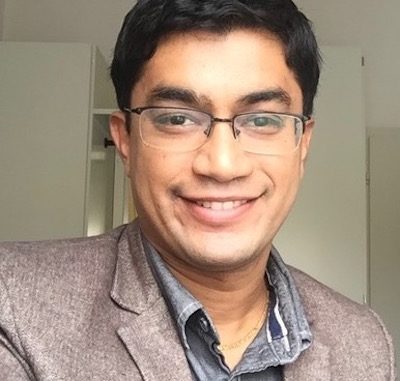
NEW YORK (TIP): Venkatesan Guruswami, a Carnegie Mellon University professor of Theoretical Computer Science, has been named a 2020 Simons Investigator by the New York-based Simons Foundation.
Venkatesan Guruswami’s research has led to major advances in the theory of error-correcting codes, approximate optimization, pseudorandomness and related complexity-theoretic and mathematical aspects. His work on list decoding has yielded codes with minimum possible redundancy for correcting worst-case errors. His recent works include notable progress on polar codes, deletion-correcting codes, codes for cloud storage and constraint satisfaction problems.
The Simons Foundation names investigators each year who are outstanding scientists engaged in mathematics, physics, astrophysics, computer science, or several related fields. The designation, which comes with $100,000 per year for five years and is renewable for a second five-year term, is meant to support outstanding theoretical scientists in their early years, when they are establishing creative new research directions, providing leadership to the field and effectively mentoring junior scientists.
Venkatesan Guruswami received his bachelor’s degree in Computer Science from the Indian Institute of Technology at Madras in 1997, and his PhD in Computer Science from the Massachusetts Institute of Technology in 2001. From 2002 to 2009, he was a faculty member at the University of Washington. He was a Miller Research Fellow at UC Berkeley from 2001 to 2002, and was a member in the School of Mathematics at the Institute for Advanced Study from 2007 to 2008.
He currently serves on the editorial boards of the SIAM Journal on Computing, IEEE Transactions on Information Theory, and the ACM Transactions on Computation Theory, and was program committee chair for the 2012 Computational Complexity conference. He was an invited speaker at the 2010 International Congress of Mathematicians. He is a recipient of the Presburger Award (2012), Packard Fellowship (2005), Sloan Fellowship (2005), NSF CAREER award (2004), ACM Doctoral Dissertation Award (2002), and IEEE Information Theory Society Paper Award (2000).





Be the first to comment